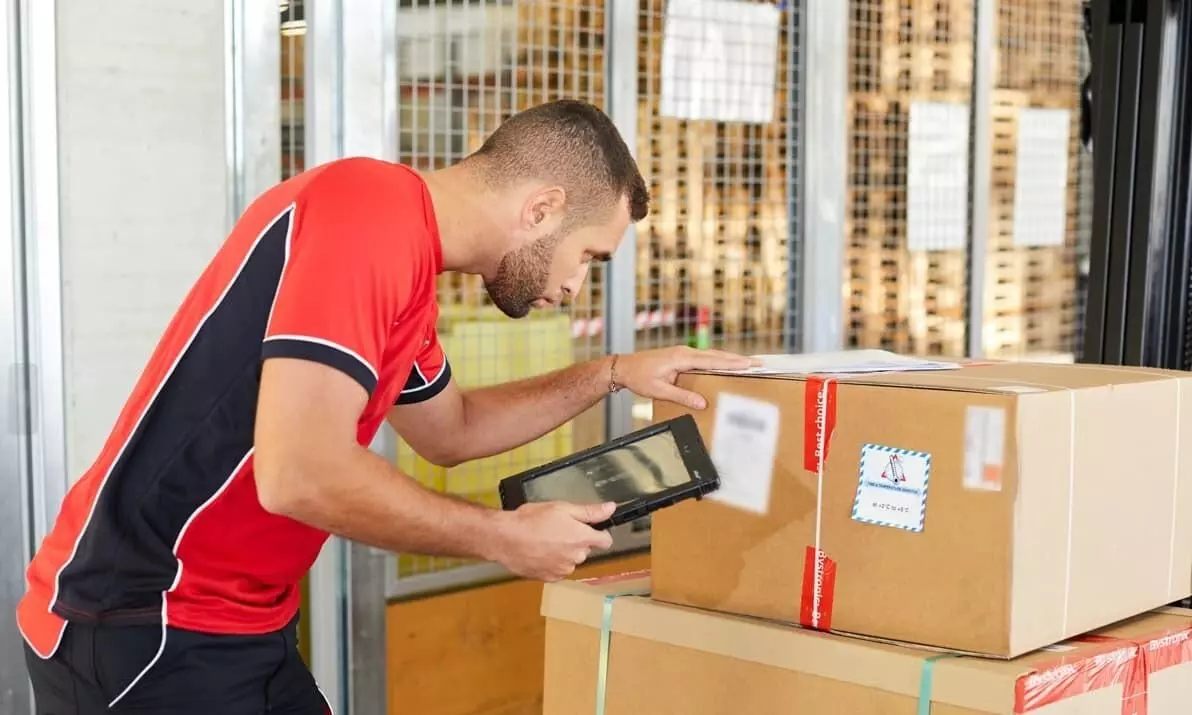
To e-book or not to e-book: Tips from a former airline insider
Air cargo industry is deeply rooted in personal relationships, which can make adopting new technology challenging.

Before I joined WebCargo as VP of Airline Solutions, I was the Digital Strategy Leader at Air Canada Cargo. During my five years there, I spearheaded pricing, alliances and postal affairs, and had the unique pleasure of bringing the carrier online during the Covid-19 pandemic. Within a year of going online, Air Canada went live with over five different integrations, expanding digital selling capabilities to more than 20 countries.
Moving to WebCargo has given me a front row seat to how digitisation is done from a platform’s perspective.
I now work with the world's leading air cargo carriers, combining our strengths to propel their digital transformation. I’ve watched closely as other carriers have accelerated their digitisation efforts, driven by capacity shortages, revenue shifts during the pandemic, and the desire for more efficiency, transparency, and connectivity.
Here’s what I learned that may help you on your digitalisation journey:
1. People first. Embrace change with a user-centric approach
The air cargo industry is deeply rooted in personal relationships, which can make adopting new technology challenging. Instead of imposing radical changes, consider configuring the experience based on user familiarity.
Shape the initial phases of change to mimic existing workflows (email, Excel) and integrate new features gradually. For example, continue to use emails to build confidence when implementing an online booking tool. Over-communicate with email to build trust in the solution while mimicking existing behaviour. Once teams get comfortable with the new process, you can begin eliminating non-critical email notifications such as those for minor booking changes.
Eventually, you’ll reach a point where most of these notifications are removed, allowing your sales teams to focus less on transactions and more on adding value to their customers' businesses. This approach will enable your users to maintain their comfort level while gaining proficiency with the new technology, leading to seamless change management.
2. Think bespoke suit. Tailor your distribution approach.
I've seen many carriers try to push a one-size-fits-all distribution strategy across their network. This approach often falls short in the diverse landscape of air cargo. Airlines, like their hometowns, have unique cultures, needs, capabilities and selling strategies, requiring a more nuanced approach. What should you pay attention to before going online?
Market variations. I say tomato, you say tomahto: While the interconnected nature of cargo has significantly contributed to our increasingly globalised world, notable differences persist across markets, reflecting unique local requirements and diverse commercial landscapes. How you price, manage your capacity, and sell cargo can vary vastly by country. Make sure you truly understand the local nuances. Talk to your staff, customers, ground handlers and other relevant stakeholders to craft the best strategy for your targeted region.
Competitive strategies. Play to your strengths: Align your distribution strategy with your airline's unique positioning. If price competitiveness is key and your local teams frequently discount market rates to win business, consider launching online with dynamic pricing. If service quality is your strength, ensure consistency between your online and offline services. For network-focused airlines, showcase your entire network online and make sure that you are not leaving anything behind due to poor API performance.
Customer experience and loyalty: Over the years, I've heard concerns that digital booking could erode customer experience and loyalty. Not true! When airlines apply personalisation to their digital offers, they gain valuable data to further tailor the online experience and increase customer loyalty. Airlines have always excelled at understanding customers' booking preferences. With online booking, they gain a better understanding of their market as a whole and can tailor their approach at scale.
Traditionally, airlines analyse how customers book within their own ecosystem, and analyse this behaviour as their willingness to pay. With online booking, airlines gain access to market-wide customer preferences, buying patterns and shopping habits. This positions airlines to better understand their customers' willingness to book, allowing them to offer a superior customer experience and enhance loyalty by focusing on more than just price.
3. Strategies to navigate the digital frontier
Navigating the digital frontier involves rethinking traditional processes to embrace e-bookings and the insights they offer. Before going digital, it's crucial to understand how online channels can reshape your approach. Use the data from these channels to fine-tune your strategies continuously. A great example would be to ensure that you are providing the right offer, to the right customer, at the right time. To do this, you need to understand your customers' booking behaviour (willingness to book), and ensure your offers are returned within 10 seconds. Avoid large page sizes for your API responses, and focus on 20-30 offers over 3-4 days from the search day. Always treat online sales as a core aspect of your business strategy, not just an “add on.”

